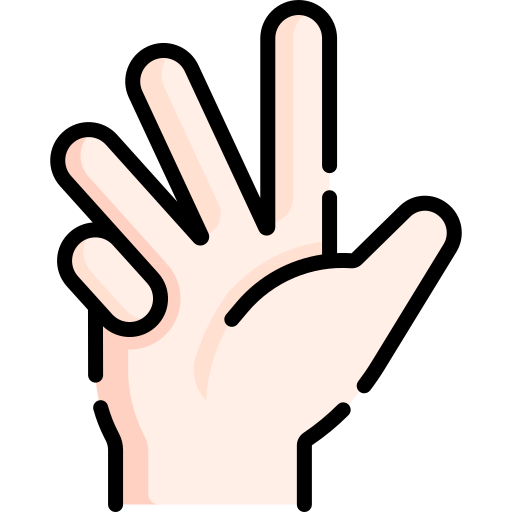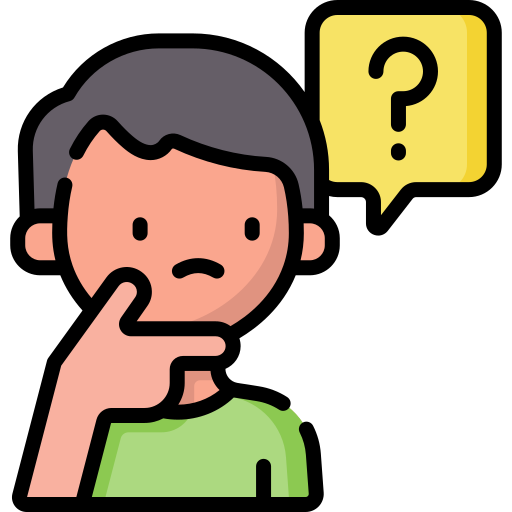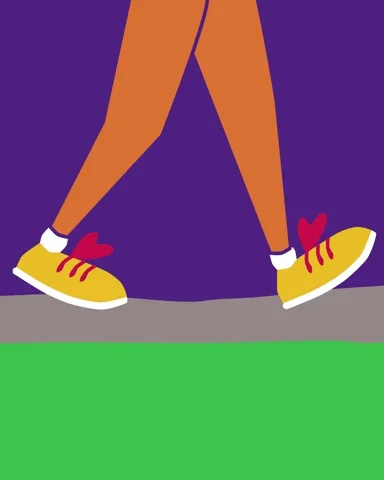
This logo isn't an ad or affiliate link. It's an organization that shares in our mission, and empowered the authors to share their insights in Byte form.
Rumie vets Bytes for compliance with our
Standards.
The organization is responsible for the completeness and reliability of the content.
Learn more
about how Rumie works with partners.
Have you ever felt a surge of overwhelming panic? Feeling of losing control or going crazy? Heart palpitations or chest pain? Feeling like you're going to pass out?
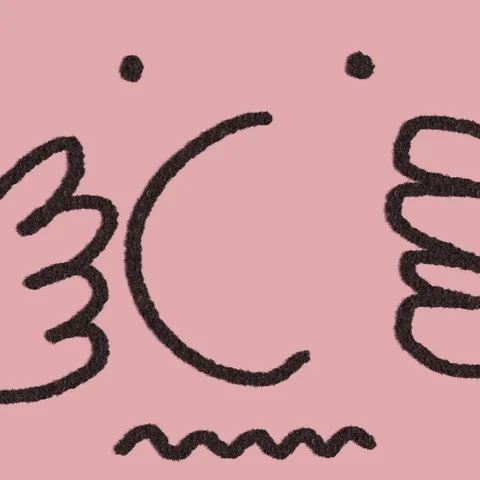
If you experience these feelings, you might be experiencing anxiety or panic attacks.
Follow a few simple tips that can help calm you down during one of these episodes.
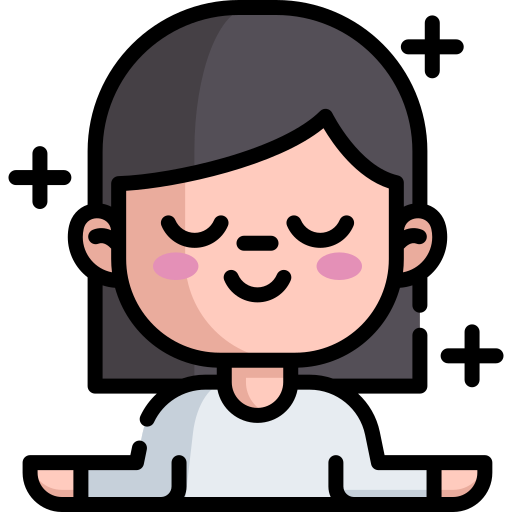
Did you know?
Tip #1: Focus On Your Breathing
Many symptoms of anxiety or panic attacks have to do with heart and breathing rates. In fact, hyperventilating is a common sign that, if not addressed, can further worsen your attack.

One of the best ways to calm your anxiety or panic attack is to focus on your breathing. It can be the first thing you try to do when faced with a stressful situation.
Try:
Take a deep breath in, holding it for about 5 seconds, before slowly letting it out. Repeat this method until you can feel yourself calming down.

Try:
Diaphragmatic breathing or belly breathing. This technique can help you relax by reducing your blood pressure and heart rate.

Tip #2: Start Counting
Try:
Count from 1 to 10 out of order.
Combine counting with the breathing exercise like counting "1" on the inhale, "2" on the exhale, "3" on the inhale, and so on.
Something more challenging, like counting backward from 100 by threes.
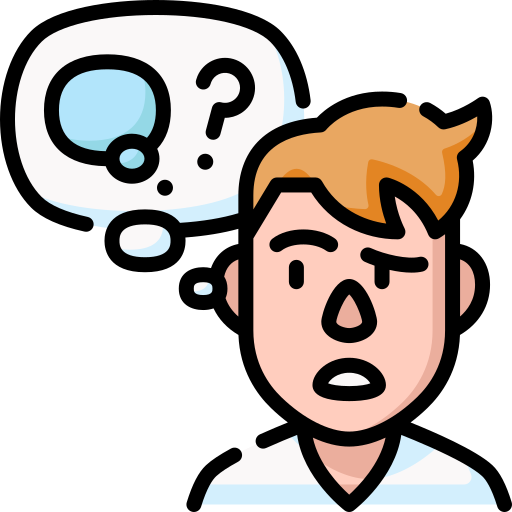
Tip #3: Practice Grounding
Grounding or Earthing is an effective way to calm anxiety and panic attacks. In this method, you identify objects around you to help your brain recognize your surroundings. This creates a sense of comfort because you know where you are and you feel more in control of the situation.

There are many ways you can practice this technique.
Try:
Quiz
You're about to start a history exam when you suddenly feel a panic attack coming on. Which techniques can help you ground yourself? Select all that apply.
Focusing on simple things like counting, math problems, and objects in the room will help you find a sense of comfort and allow you to feel more in control of the situation. Thinking directly about the exam might cause further anxiety, so it's best not to take your mind off of it until you're no longer in an attack stage.
Tip #4: Get Moving
If you can manage to do so, get yourself up and do some light exercise. It doesn’t have to be anything intense. It can even just be walking or stretching, which can help you clear your mind and not have racing thoughts anymore. Exercising can cause your body to release endorphins, which are natural “feel-good” hormones.

💡 Being active will have a positive impact on your psychological health. Explore different activities to get moving.
Quiz
Your friend is experiencing anxiety attacks. Which of the following would you suggest her to do? Select all that apply.
Your friend can benefit from doing breathing drills, simple exercises, and counting methods to reduce her anxiety attacks. It's especially important for people experiencing anxiety attacks to speak to a health professional.
Take Action
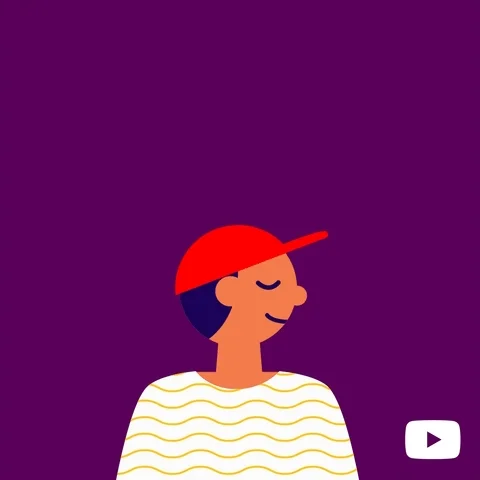
The next time that you feel an anxiety or panic attack coming, try one of the techniques from this Byte to ease your symptoms.
If you're having difficulty managing your symptoms, talk to a medical professional to discuss different treatment options.
Check out these Bytes to learn more about managing panic and anxiety attacks:
This Byte has been authored by
Manny Paysan
Learning and Development Practitioner
This Byte has been reviewed by
Lana Do
MD, MPH, BCMAS

